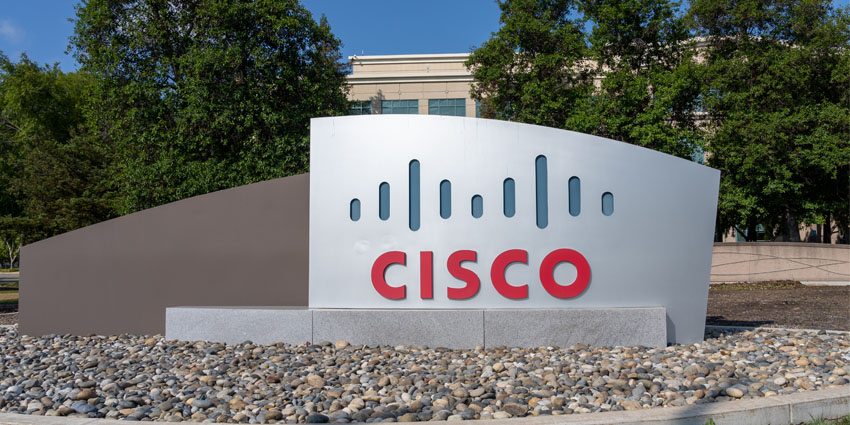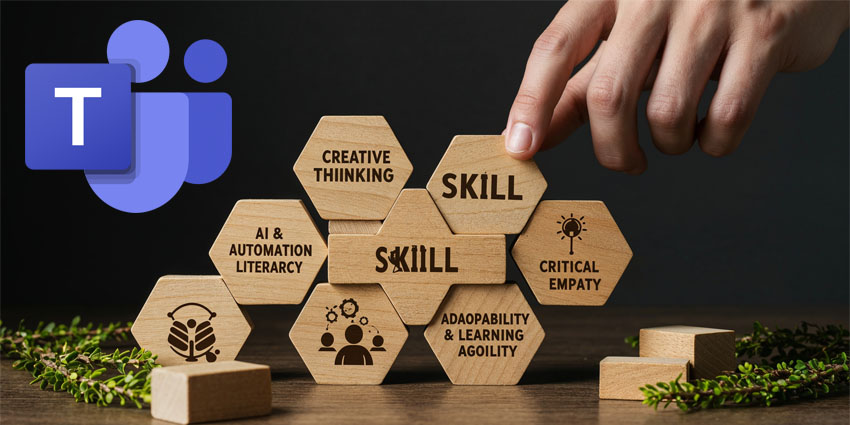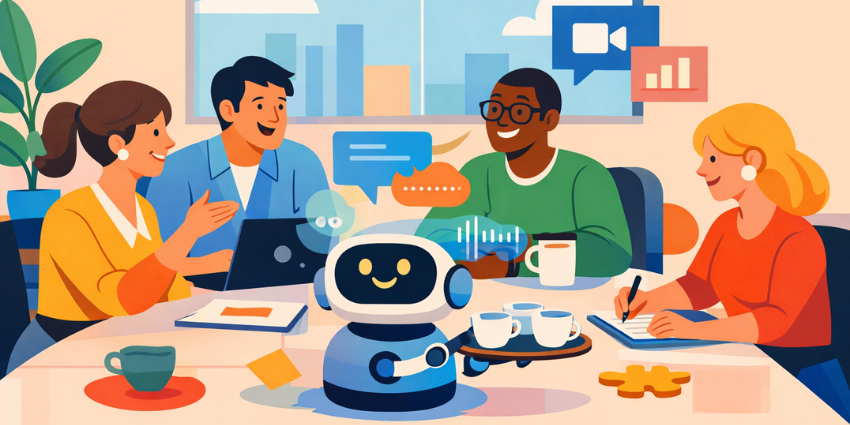Daily AI usage among desk workers has jumped by 233 percent over the past six months, according to Salesforce’s latest Slack Workforce Index.
The report revealed that 60 percent of desk workers actively use AI, and 40 percent have engaged with AI agents – digital tools that can think, respond and even complete tasks independently.
“When it comes to workers and AI, the data shows us that seeing is believing,” said Lucas Puente, VP of Research, Slack.
As workers actually use and experiment with AI agents, their trust and enthusiasm in this technology grows – and we see them leveraging agents to unlock new skills and opportunities in their everyday work.”
The survey was conducted by Qualtrics between 9 April and 1 May 2025 and included 5,156 full-time desk workers from Australia, France, Germany, Japan, the UK and the US.
Respondents represented a range of roles, from executive to skilled office staff. Salesforce and Slack employees and customers were excluded from the study.
The research also revealed that overall AI adoption has surged by 50 percent since November 2024, but it was daily use of the tech that increased at the fastest pace.
- Salesforce Reportedly Blocks Rivals From Using Slack Data: Key Takeaways for IT Leaders
- Agentforce 3: Examining Salesforce’s New AI Agent Upgrade and Opportunities for Slack
Productivity, Satisfaction, and Creativity on the Rise?
The report paints a clear picture: AI is helping workers do more and do it better.
Compared to non-users, workers who use AI daily reported:
- 64 percent higher productivity.
- 58 percent stronger focus.
- 81 percent greater job satisfaction.
These gains are not just about doing things faster. Workers are using AI to upskill and break through creative barriers.
Ninety-six percent say they have used AI to perform tasks they previously did not have the skills for, and rather than just automating repetitive tasks, workers are leaning on AI for high-value work.
The report found the top three ways AI and agents were boosting productivity included:
- Eliminating the need for extensive research.
- Assisting with writing/communication.
- Helping brainstorm to overcome creative blocks.
Trust Grows With Use
Daily users of AI agents were more than twice as likely to report high trust in areas like data protection, accuracy and decision-making.
Enthusiasm is also rising among younger generations, with millennials emerging as the most confident AI users in the workforce.
- 30 percent of Millennials say they thoroughly understand AI agents, ahead of Gen Z at 22 percent.
- 68 percent use AI for strategic tasks like drafting, summarising and ideating.
- Across roles, 43 percent of executives report using AI daily, compared to 35 percent of senior managers and 23 percent of middle managers.
Slack also claims AI is making workers feel more connected.
“Daily AI users are 246 percent more likely to feel more connected to colleagues and report a 62 percent higher sense of belonging at work,” the report stated.
IT Leaders Should Still be Cautious
While the study paints a rosy picture of how AI is reshaping the way we work, not all that glitters is gold.
Beneath the enthusiasm lies real challenges that businesses must confront.
Most notably, AI hallucinations – when systems confidently generate incorrect or fabricated information – remain a common and hugely problematic issue.
These errors can lead to faulty decision-making, misinformation, and a loss of trust, especially when AI tools are used unsupervised or assumed to be infallible.
And AI’s ability to “complete tasks independently” is still very much dependent on human oversight.
These systems can support workflows, but they can’t replace human judgment – particularly in high-stakes contexts like customer communications, legal compliance or data analysis.
One striking example of this occurred in April, when an AI bot for Cursor (a tool for computer programmers) alerted some customers about a change in company policy.
It stated they were no longer allowed to use Cursor on more than one computer, which signalled a flood of angry posts to internet message boards.
Some customers even said they were cancelling their Cursor accounts – only to find out the AI bot had announced a policy change that did not exist.
“We have no such policy. You’re of course free to use Cursor on multiple machines,” the company’s Chief Executive and co-founder, Michael Truell, declared in a subsequent Reddit post.
He added the update was actually an incorrect response from a front-line AI support bot.
Bottom Line: AI’s In – But Not Infallible
Slack’s latest data confirms what many suspected: AI has shifted from fringe technology to a core workplace tool.
For IT leaders, the task now is to capture its upside – greater speed, smarter insights, and improved satisfaction – while staying alert to the risks of overdependence, inaccuracy and disconnection.
Because if AI still ultimately relies on a human safety net, its time-saving promise may not be all it seems.
UC Today contacted Salesforce and Cursor for comment but did not receive a response at the time of publishing.







